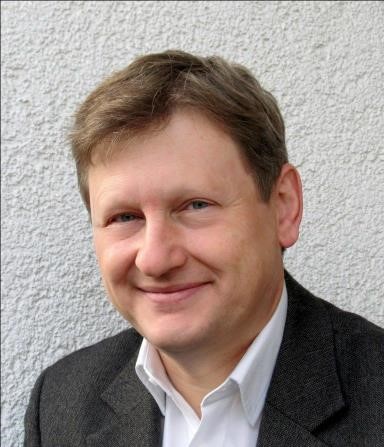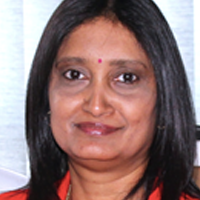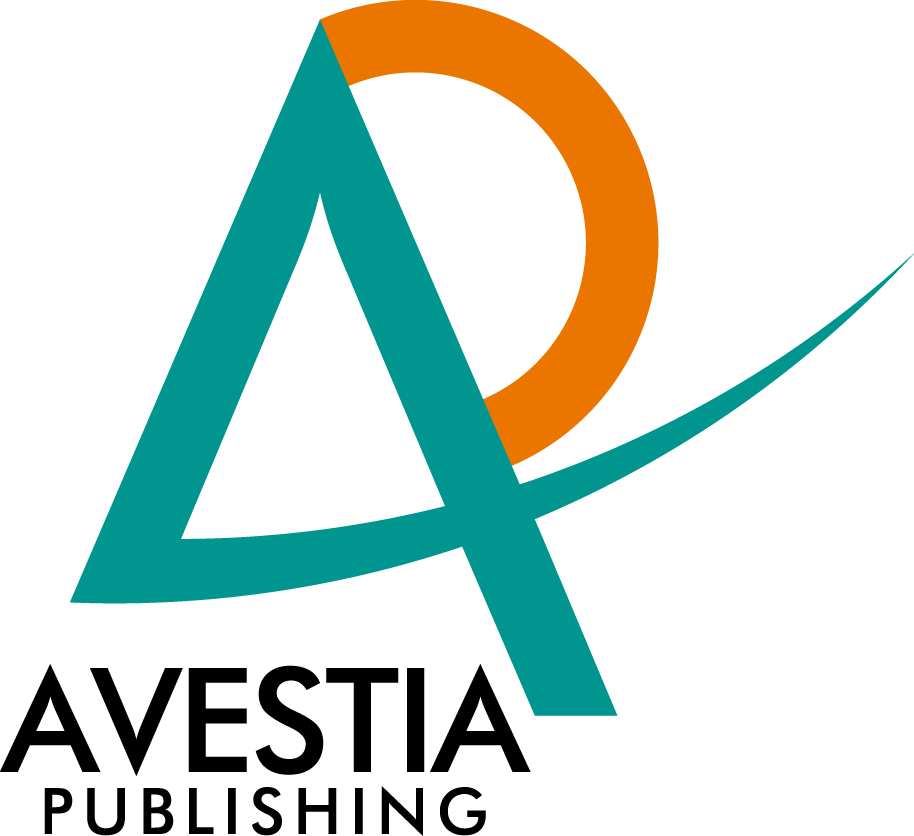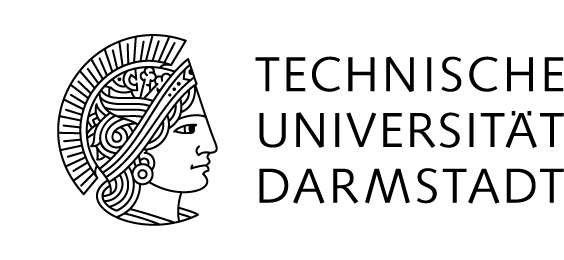The congress proceedings will be indexed by Scopus and Google Scholar.
RAN is aimed to become one of the leading international annual congresses in the field of nanotechnology. The congress is composed of 2 conferences. While each conference consists of an individual and separate theme, the 2 conferences share considerable overlap, which prompted the organization of this congress.
ICNNFC'19 - 4th International Conference on Nanomaterials, Nanodevices, Fabrication and Characterization
NDDTE'19 - 4th International Conference on Nanomedicine, Drug Delivery, and Tissue Engineering
This congress will provide excellent opportunities to the scientists, researchers, industrial engineers, and university students to present their research achievements and to develop new collaborations and partnerships with experts in the field.
IMPORTANT DATES
18
2019
Extended
Paper Submission Deadline
25
2019
Notification to Authors
5
2019
Extended
Early-Bird Registration
Submissions
Submissions in the form of extended abstracts, short papers, and full manuscripts are welcome. .
- all submitted papers will be peer-reviewed
- the congress proceedings will be published under an ISSN and ISBN number
- each paper will be assigned a unique DOI number by Crossref
- the conference proceedings will be indexed by Scopus and Google Scholar
- the proceedings will be permanently archived in Portico (one of the largest community-supported digital archives in the world).
- selected papers from the congress will be submitted for possible publication in the International Journal of Theoretical and Applied Nanotechnology (publication fees may apply)
Learn More »
Congress Chair
International ASET Inc. is proud to present Prof. Wolfgang Ensinger as the Congress Chair the 4th World Congress on Recent Advances in Nanotechnology (RAN'19).

Keynote Speakers


Dr. Moganavelli Singh
University of KwaZulu-Natal, South Africa
NDDTE'19 Keynote Speaker

Dr. Kunn Hadinoto Ong
Nanyang Technological University , Singapore
NDDTE'19 Keynote Speaker

Dr. Olaf Walter
European Commission, DG Joint Research Centre, Germany
ICNNFC'19 Keynote Speaker








